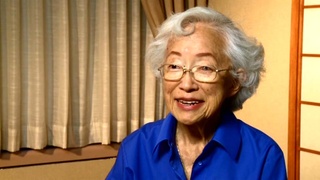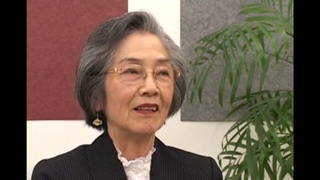Interviews
Sense of lineage between Sansei and Issei through Taiko
The relationship between the Sansei and the Issei, I think, were very similar in that with the Issei being adventurous to make that journey to a new world was something that I think we were trying to emulate, too. That freedom was the same feeling that we can easily communicate. And I think the special-ness of the Sansei respecting the fact that the Issei had come from Japan, and that was like we could see our origins right there. It was right in our face that we have to tend and care for them at the same time. You can almost see the sense of lineage.
Date: January 26, 2005
Location: California, US
Interviewer: Art Hansen, Sojin Kim
Contributed by: Watase Media Arts Center, Japanese American National Museum










